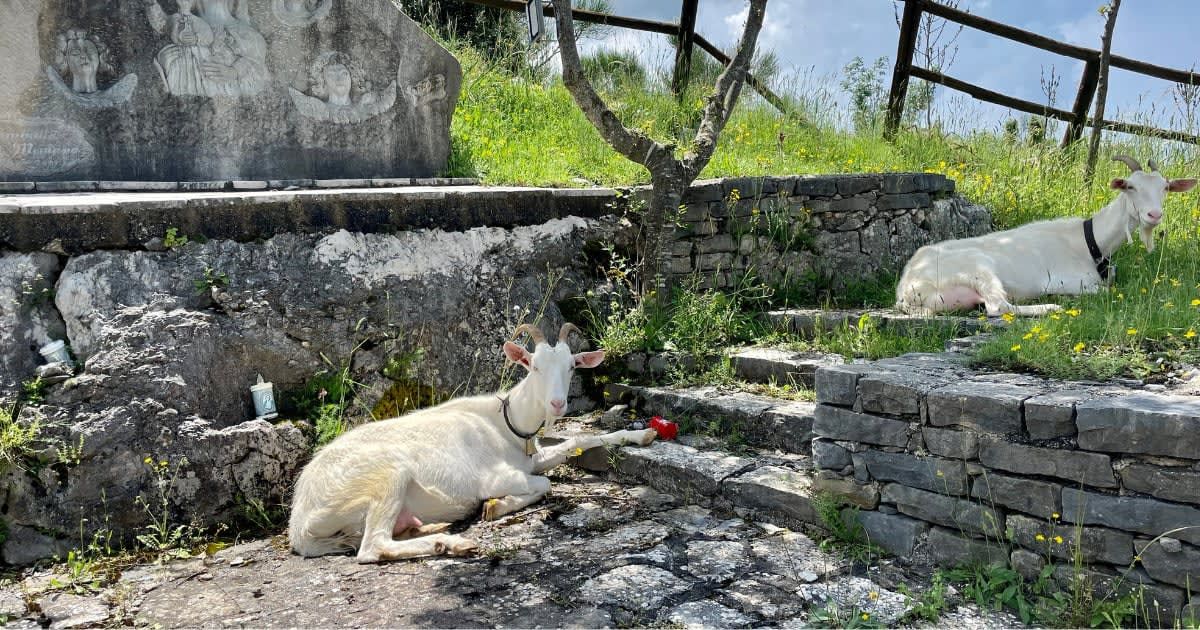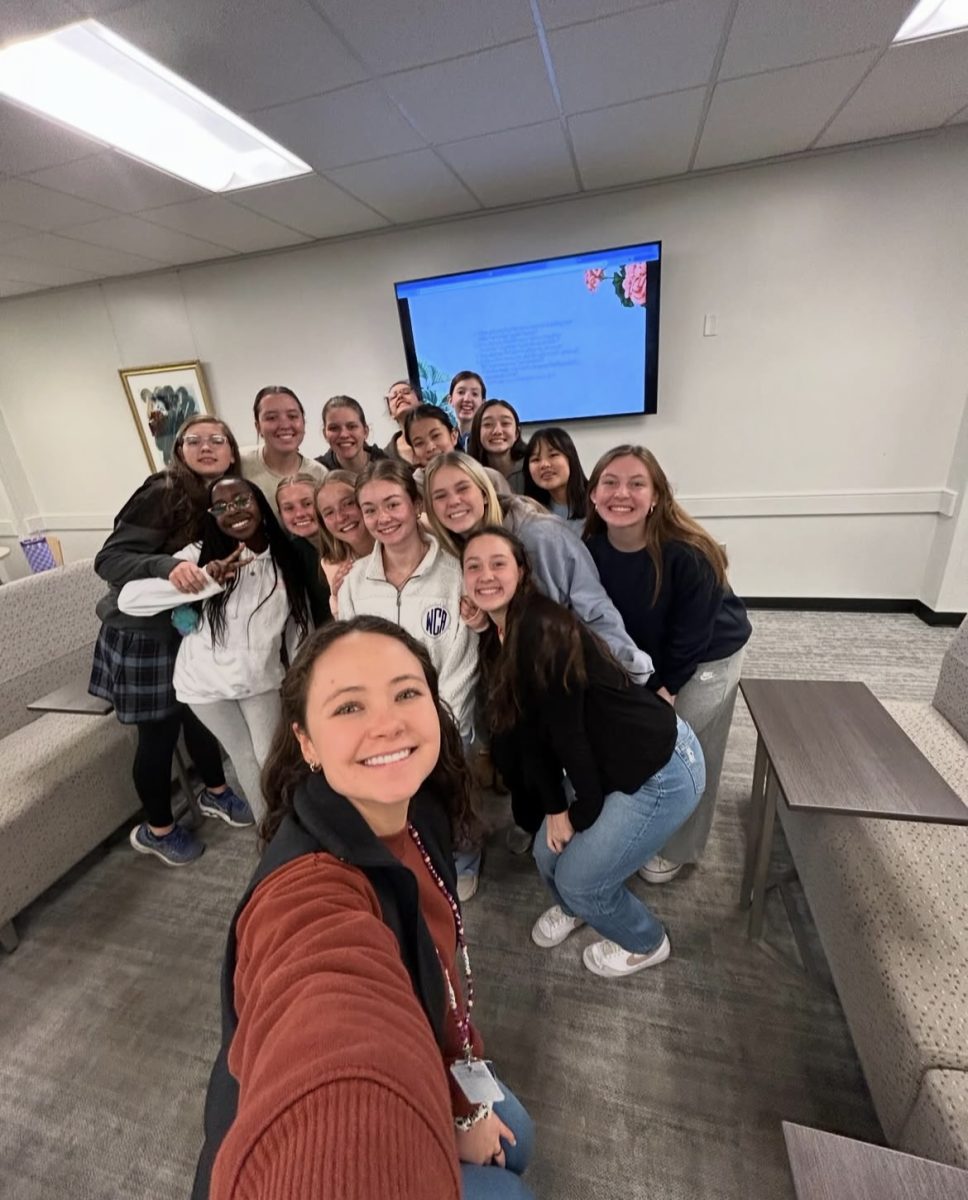Alicudi, a small island off the coast of Italy, has been known for many things, including LSD bread, sailboats, and 17th century cathedrals. However, it is quickly becoming known for another reason: goats.
The human population of Alicudi is around 100 people, and the goats usually fall around the same number. This year, the goats outnumber the humans six to one. Over 600 goats are roaming around the island, destroying vegetation and even entering peoples’ homes.
Gloria, the owner of Golden Cafe Noir at Alicudi’s port, reported problems with goats entering her restaurant. One used to walk in and sit under the table in her bar. “It was a bit of an attraction, but then you worried whether it might bite someone,” she told the Guardian. “They move around in packs and cause damage; there are just too many of them.”
The goats have devoured plants and Alicudi locals’ yards, invaded homes, and climbed over stone walls, causing them to crumble.
“Some goats are nice and robust, so some people are scared, while others fear they will enter their home,” said Ricardo Gullo, Alicudi’s mayor. Faced with the destruction of the goats, Gullo came up with a plan to reduce the goat population: an “adopt-a-goat” program.
Through April 10th, people were able to request a goat (or goats) from Alicudi authorities. “Anyone can make a request for a goat—it doesn’t have to be a farmer—and there are no restrictions on numbers,” Gullo told the Guardian.
Within 15 days of their request being accepted, the goat-takers would need to sail to the island, catch their desired number of goats, and leave. While this required a boat and a stamp fee of $17, the goats were otherwise free, which drew the attention of many interested parties.
“We have heard from dozens of people since we first announced this,” Gullo told CNN. “Ideally, we would like to see people try to domesticate the animals rather than eat them.”
“[There is] a farmer on Vulcano island who would like to take several goats as, among other things, he produces a ricotta cheese which is much appreciated,” said Gullo.
While some locals are optimistic about the prospect of reducing the goat population, others are skeptical about the logistics of the situation. The town of Alicudi rests at the top of a hill with the only way up being a steep trail, which would make it difficult to transport the goats.
“How will they bring the goats back down?” asked Gloria. “Perhaps they would need a helicopter to transfer two or three at a time. It’s a nice proposal, but there is no logistical solution yet.”
While the majority of goats will be carried, boated, or possibly airlifted away from Alicudi, around 100 of the goats will remain as a feature for tourists.









